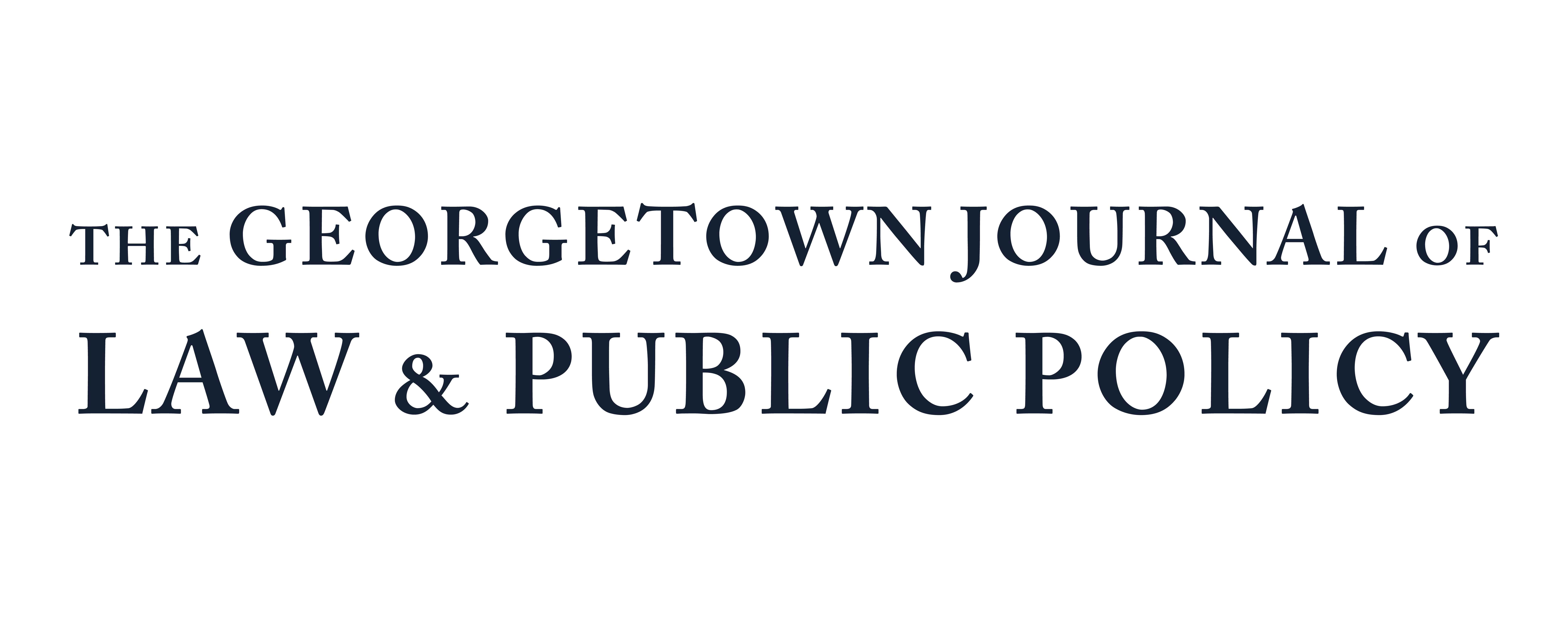Camping and the Constitution
Legal protection for private property owners against trespass has an ancient lineage in Anglo-American common law, a principle that retains its vitality today. Indeed, a property owner’s right to exclude anyone deemed unwelcome has been characterized as a “fundamental aspect of property ownership,” if not “the “sine qua non” feature of property. Governments, whether local, state, or federal, may also regulate the use of property that they hold in trust for the public, which can include making trespass a criminal offense, in order to protect and promote the public safety, health, and welfare.
For some time now, advocates for the homeless have sought to find a place in the Constitution guaranteeing their clients a right to live somewhere, at least on public land. To date, the Supreme Court of the United States has turned aside such claims. In Lindsey v. Normet, the Court held that, because there is no constitutional right to occupy a home owned by someone else, the government may grant landowners civil remedies for trespass. In Clark v. Community for Creative Nonviolence, the Court held that the Free Speech Clause does not prohibit the National Park Service from barring sleeping and camping in national parks even when it is done as a form of symbolic speech protesting the inadequacy of homeless shelters. And on numerous occasions, the Court has expressly rejected the argument that the Constitution requires the government to dispense one or another type of affirmative financial or in-kind benefit. Until recently, the belief that the Constitution guarantees shelter for the homeless should have been seen as a pipe dream.
Continue Reading
